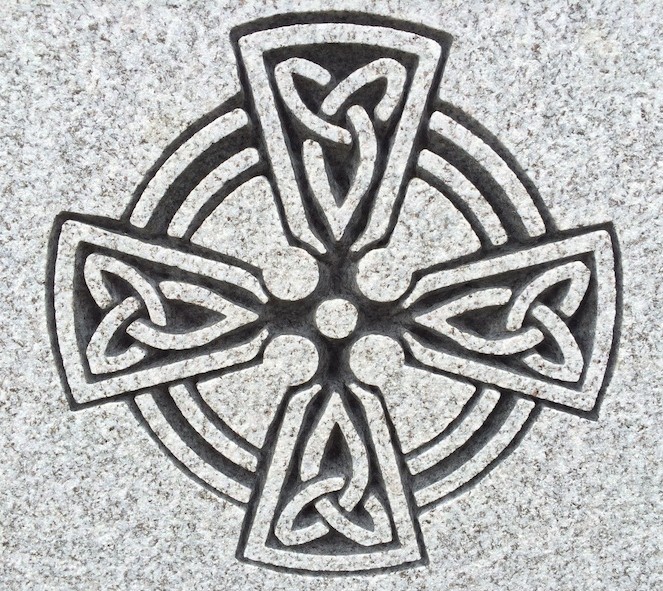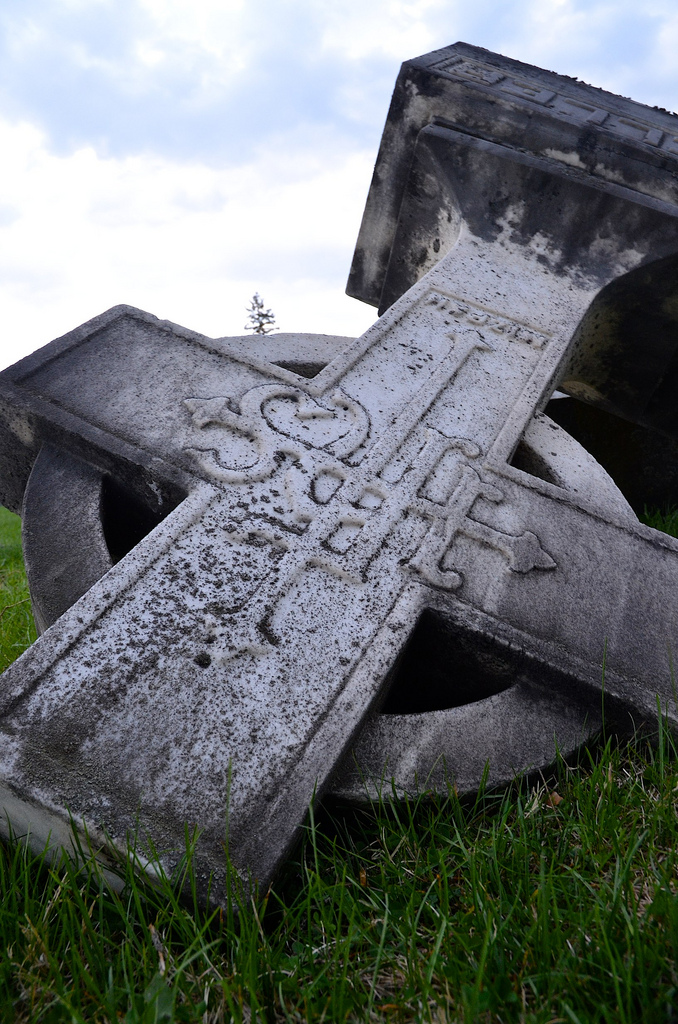From that time on, Jesus began to show his disciples that he must go to Jerusalem and undergo great suffering at the hands of the elders and chief priests and scribes, and be killed, and on the third day be raised. And Peter took him aside and began to rebuke him, saying, “God forbid it, Lord! This must never happen to you.” But he turned and said to Peter, “Get behind me, Satan! You are a stumbling block to me; for you are setting your mind not on divine things but on human things.” (Matt. 16:21-23)
This essay was written as part of the outreach program of The Episcopal Church of the Good Shepherd in Lexington to continue to minister to our community in this time of uncertainty and “social distancing” that requires not meeting in person. For essays by my friends and colleagues go to “Calming the Storm.”
The path to salvation is hard and arduous. It takes Jesus through his arrest in the Garden, his trial, flogging, and crucifixion. As our collect for Friday from the Daily Office says so eloquently, God’s “most dear Son went not up to joy but first he suffered pain, and entered not into glory before he was crucified.” Healing, Salvation, and redemption are a long, painful process. We tend to prefer the easy, comfortable, and, where possible, instant route to gratification and sanctification.
People around the country and the world continue to protest against police brutality and to call for racial equality and reconciliation. This is the simple, godly demand that all people be treated as the bearers of the Image of God that we are. Yet many white Americans want it all to be over with. “OK! Yes, everyone should be treated equal, our laws say it now, so can we please move on?” We cannot, of course, since even if our laws were as they should be (they are not), laws rarely reflect reality. We cannot move on because injustice and racism are still a part of our culture, systems, and lifestyles. As our Theologian-in-residence Dr. Mark Medley has pointed out so well in his last two essays, this requires incredibly hard work that necessitates that we listen well and fully, and to pray that God would “lead me ‘out of the wilderness of racist beliefs and structures’ and transform me to be an ally for restorative and reparative justice.”
In other words, we must give up ourselves, just as Jesus gave himself up for all the world.
In the last eight weeks we have celebrated the resurrection of Jesus, his ascension into heaven, and the sending of the Holy Spirit upon us. These are rightly days of celebration and feasting. But they do not happen without Jesus first going up to Jerusalem and suffering greatly, being beaten and crucified. He willingly took this path of pain so that all the world might be saved.
Our path to justice is and will remain hard and painful. And when we look for shortcuts, when we seek to avoid the painful conversations, the difficult listening, and the hard giving up of self and privilege, when we say “it is too hard,” Jesus turns and says to us, “Get behind me, Satan!” When Jesus snapped at Peter, he was refusing to give in to comfort and ease. The temptation is to give up the hard work, to avoid our responsibility as Christians. Peter wanted to spare Jesus, but Jesus knew that salvation could only come through the cross, through the giving up of himself for the world. In return, Jesus commands us to love one another.
Then Jesus told his disciples, “If any want to become my followers, let them deny themselves and take up their cross and follow me.” (Matt. 16:24)
Well? Do we want to be Jesus’ followers? Let us take up our cross.





